All Stories
-
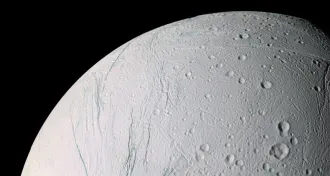 Planetary Science
Planetary ScienceYear in review: Ocean may power Enceladus’ geysers
NASA’s Cassini spacecraft builds a stronger case for a subsurface ocean on Enceladus that drives ice geysers on the moon’s south pole.
-
 Animals
AnimalsYear in review: The post-pigeon century
Birds' troubles received an eerie emphasis in the news when biologists marked the 100th anniversary of the death of the last known passenger pigeon.
By Susan Milius -
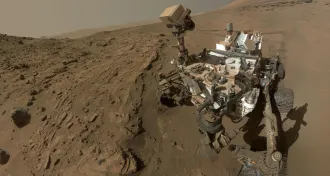 Planetary Science
Planetary ScienceYear in review: Business booming on Mars
Mars now has seven robots studying it and together they have given scientists their best view of any planet in the solar system other than Earth.
-
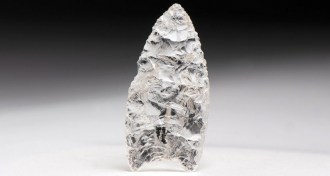 Humans
HumansYear in review: Genes, bones tell new Clovis stories
The genes and bones of the Clovis people reveal the range and legacy of the early North Americans.
By Bruce Bower -
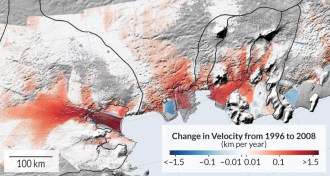 Climate
ClimateYear in review: Climate warnings heat up
Climate change is here and the world is unprepared, scientists and policy makers declared multiple times in 2014.
By Beth Mole -
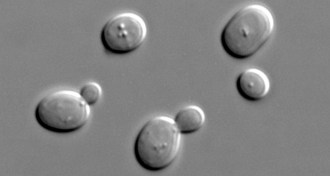 Genetics
GeneticsYear in review: Life’s complexity recoded
New genetic letters in bacteria and a simplified yeast chromosome showcase scientists' advances in understanding the simplicity and complexity of life.
-
 Environment
EnvironmentYear in review: Microbes exploit their killer
Triclosan, an unregulated antimicrobial chemical found in consumer products, may aid, rather than deter, microbes that invade people’s bodies.
By Beth Mole -
 Math
MathMath to match pedestrian behavior is all about timing
The best-ever simulation of pedestrians moving through a crowd relies on a new formula that encapsulates people’s ability to anticipate collisions.
By Andrew Grant -
 Animals
AnimalsAustralia’s unexpectedly dangerous creatures
Australia is home to an array of deadly things — from crocodiles to venomous snakes — but dangers can also be found among seemingly safe critters.
-
 Ecosystems
EcosystemsBee losses followed World Wars
British historical records show a century-long decline of important pollinators: bees and some wasps.
By Beth Mole -
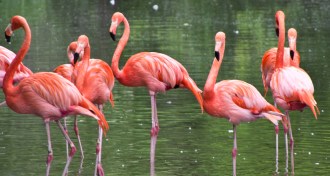 Life
LifeNew tree of life confirms strange history of birds
A genetic analysis supports some odd groupings in the bird tree of life, showing a lot of convergent evolution in avian history.
By Susan Milius -
 Earth
EarthMega volcanism indicted in dinosaur demise
Precision dating strengthens idea that climate-altering Deccan volcanism contributed to dinosaur extinction.